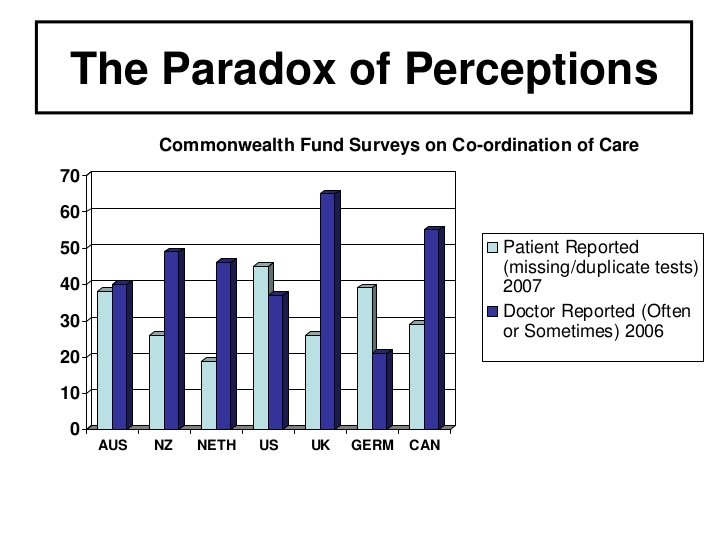Can the UK learn economic lessons from across the pond
Post on: 17 Июнь, 2015 No Comment

The US economy is growing satisfactorily, while the UK economy has stalled. The first quarter UK GDP figures at -0.2% may be revised upwards when the authorities have more data, but it is clear the recovery is not proceeding as planned. Some say the contrasting performances of the two economies is because the UK has been cutting too far and too fast, while the US has continued with substantial stimulus.
The numbers do not support this simple explanation. The UK has proceeded with a further round of quantitative easing, which has not been the case in the US, and has injected a larger proportion of its GDP in the form of UK government bond purchases.
The UK government is running a deficit of 9.5% of GDP in 2010/11, 8.5% in 2011/12 and a planned 7.7% in 2012/13. The US government deficit was 8.7% in 2011, and is forecast to be 8.3% in 2012 and 5.5% in 2013. Some of the lower deficit in the US is down to faster growth generating more tax revenues, but it is difficult to argue from these figures that the US has followed a more stimulatory fiscal policy than the UK. Many US state governments, as opposed to the federal government, have made substantial spending cuts to limit deficits and tax levels.
Reasons for recovery
There are three more likely reasons the US is outperforming the UK in the current recovery: the state of the banks, the approach to taxes, and economic strength.
The US took tough action to sort out its wayward banks during the intense phase of the credit crunch. US banks are overall in better shape now, and able to lend to finance more of a recovery. The UK still has two of its big four with government shareholdings, trying to rein in their balance sheets and limit their loan exposures. The UK regulators are encouraging more prudence, which means fewer loans.
Secondly, the US has continued with stimulatory tax cuts at a time when the UK has imposed higher tax rates on income, employment and spending. The tax rises in the UK squeezed consumers, limiting demand. They also made business more careful about spending cash and hiring more people. The UK deficit-reduction programme in the first two years depended largely on tax rises, with some cuts in capital spending outweighed by increases in current spending.
The third reason is the great strength and depth of the US economy, which has created and exploited the digital revolution with great skill. The US still has the ability to build enormous corporations based on the latest ideas, from Apple to Facebook.
It is also well advanced with the shale gas revolution, which has driven down energy prices at a time when UK and European energy has become expensive.
The UK economy has been weak in oil, gas and mining. Higher oil industry taxation, introduced in the 2011 budget, did not help. The 2012 budget has made more advantageous changes to oil taxation.
The UK economy has been weak in production industries generally. Consumer spending has been constrained by higher taxes and by a higher rate of inflation than in the US.

The UK government is now launching its credit easing policy to try to direct more lending to small and medium-sized enterprises. It is considering ways of harnessing private capital from pension funds and other sources to provide more infrastructure investment. It is changing planning laws, with a wish to stimulate more housebuilding.
Euro problems
Meanwhile, the news from the euro area is disappointing. Spain is suffering from higher interest rates as it seeks to raise the money to finance its budget deficit. The latest unemployment figures show a bad picture, with the Spanish economy back in recession overall.
Greece is awaiting the outcome of a general election, with a weak economy making hitting the tough targets of its loan agreement taxing.
Most forecasters are assuming a poor performance from several EU economies this year, against the background of banks fighting to raise their capital and cash ratios to their lending, and governments needing to tax more and spend less.
Emerging market countries are relaxing policy after their inflation battles of last year. They will provide some continuing forward momentum to the world economy, alongside modest US progress. The euro’s problems will continue. The large bank financing by the European Central Bank bought some time but it was not a cure.
John Redwood is chairman of the investment committee at Evercore Pan-Asset














